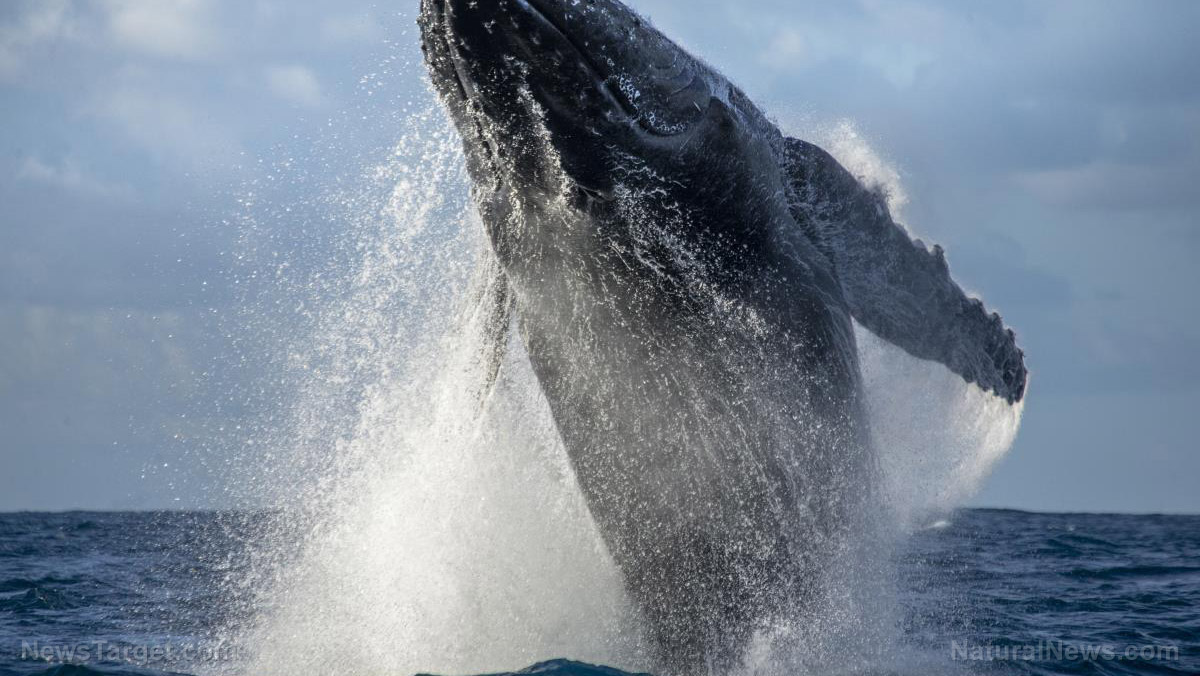
Commercial whaling operations brought the local population down to several hundred in the 1960s. A combination of stringent conservation and the Endangered Species Act replenished their numbers to more than 25,000 individuals by 2015.
While Australian humpback whales no longer face extinction, their increased population places more pressure on the local ecosystem. Food production in the oceans has decreased during recent years. The Southern Ocean can only support so many whales.
A research team from the University of Queensland (UQ) has been studying the migrating populations of humpback whales since 2004. They operate out of an island near Brisbane on the Gold Coast.
They and other experts predicted that the growth rate of the whales would taper off as their numbers peaked. To their surprise, the humpback whale population continued to increase.
There are now too many humpback whales for the Australian Southern Ocean to support
“Whale numbers are still steaming ahead at a tremendous rate – the population is virtually doubling every seven years,” warned UQ researcher Dr. Michael Noad. “They're either going to go up to a fairly high number and level off, about 40,000 or 50,000, or they could peak and then crash.”
Noad suspected that the humpback whale population would peak around 2021 to 2026. After that, it might suddenly drop by a large margin when starving and ill animals start dying off.
His research team based their prediction on a similar boom in grey whale populations in U.S. waters. The whales also went through a decline before conservation activity increased their numbers.
A decade after grey whales recovered from near-extinction, people started spotting dead animals drifting in the ocean. The whale population increased so quickly that the local ecosystem failed to provide enough food for all of them, leading to starvation and death.
While scientific data on the recovery, abrupt die-off, and stabilization of the grey whale population remained sparse, Noad believed that the cycle was not uncommon among whales. The Australian humpback whales might be on the verge of repeating history on a much larger scale.
A sudden drop in humpback whale numbers affects the ecosystem and human economy
The signs of the expected slump in the humpback whale numbers would be finding dead animals at sea and beached whales at the shore. Since Queensland tourism relied on whale watching, a die-off might severely affect the local economy.
“The whale watching industry would take a hit not only because there'd be fewer whales at sea, but the whales that were there would be thin, stressed, mums would be struggling to feed the calves,” warned Noad. “And that then raises the question of whether whale watching vessels should be approaching these animals.”
He rejected any idea to restart commercial whaling or cull some of the whales to keep their numbers down. Noad stated that those measures would increase the stress on the already unstable population. For all they knew, artificially reducing the population might kick off the decline early or make it worse.
Instead, he and his team recommended keeping a close eye on the burgeoning humpback whale population. The UQ researchers also wanted the Australian government to be ready for intervention if the whale numbers started going down at a rapid rate.
Sources include:
Please contact us for more information.























